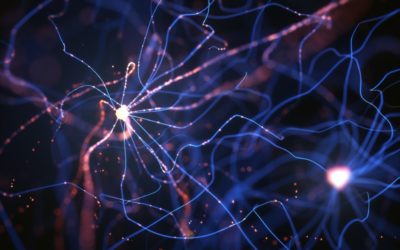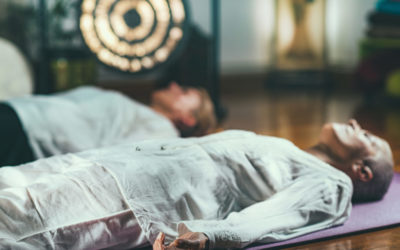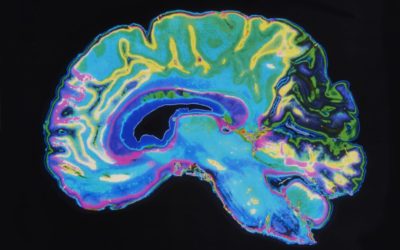
So, a simple cheap way to help your kids improve all life skills and strengthen mental wellbeing. Too good to be true?
Well, this piece of research, just out, finds a fascinating correlation with mental health and kids. This correlation was also surprising – some things kids do, and their personality traits, we can assume could be related to positive mental health. Traits such as extraversion meaning you are likely to bond closer to people and hence this can provide support networks. So, what did these researchers around Helen Dodd from the University of Essex in the UK find?
The researchers surveyed 2’346 parents pre covid and during the first covid lockdown in the UK with questions on general mental health and mood. They found that those kids who spend more time playing outside in more unstructured and adventurous games had fewer “internalising” problems i.e. anxiety and depression during the first covid lockdown.
What’s more this effect was more pronounced in children from lower income families.
This highlights the importance of play – I have written in other places of how beneficial play is for multiple reasons. Basically, it is one of the best ways to build your brain. But importantly it is free and actually easily accessible for most people.
Adventurous play according to this also seems to be important because it uses cognitive skills that are very important such as exploration but also risk balancing and likely also failure and recovery and trying again. Critical life skills – but this also seems to have a buffer against mental health issues and that is really important to note.
This shows that some of things we can do as a society are cheap and easily accessible – but society can also encourage this through giving access to parks and well-designed play areas.
So as a parent you should be encouraging your kids to get out and play – and hey, there’s nothing wrong with you adults doing it also!

Andy Habermacher
Andy is author of leading brains Review, Neuroleadership, and multiple other books. He has been intensively involved in writing and research into neuroleadership and is considered one of Europe’s leading experts. He is also a well-known public speaker speaking on the brain and human behaviour.
Andy is also a masters athlete (middle distance running) and competes regularly at international competitions (and holds a few national records in his age category).
Reference
Helen F. Dodd, Rachel J. Nesbit, Lily FitzGibbon.
Child’s Play: Examining the Association Between Time Spent Playing and Child Mental Health.
Child Psychiatry & Human Development, 2022;
DOI: 10.1007/s10578-022-01363-2
More Quick Hits
We’re Bad at Remembering How Happy We Were
The past ain’t always better – according to this latest research at least…
100 Years of Research Reveal the Most Effective Methods for Learning
New technologies, new research? No, the old methods are the best, and it’s surprisingly simple.
Why Too Much Talent May Harm Performance
This may sound like a strange thing to say – but talent and team coordination are different things…
How Nutrition Can Increase Motivation – In the Brain
Fascinating study on how antioxidants (and therefore also nutrition) in the brain can increase motivation…
Mindfulness Intervention as Effective as Drugs in Anxiety Disorders
An important study showing how mindfulness is as effective as medication – without the side effects…
New Insights into How the Teenage Brain Develops
Teenagers’ brains go through substantial changes – and now we know more of some of these…
Screen Time Boosts Wellbeing in Teenagers!
Screen time is considered a modern technological evil – maybe not so for teenagers…
Taking Photographs of Slides Improves Memory of Presentations
Taking pictures has been shown to reduce memory – but this study shows the opposite…
How Your Brain Eats Itself – To Improve Memory
Your brain eats itself – gruesome eh! Actually this appears to be a good thing most of the time…
A Regular Routine Makes You Happier and Smarter
Recent research just published shows that a regular routine with plenty of activity protects against depression and preserves cognitive function!










